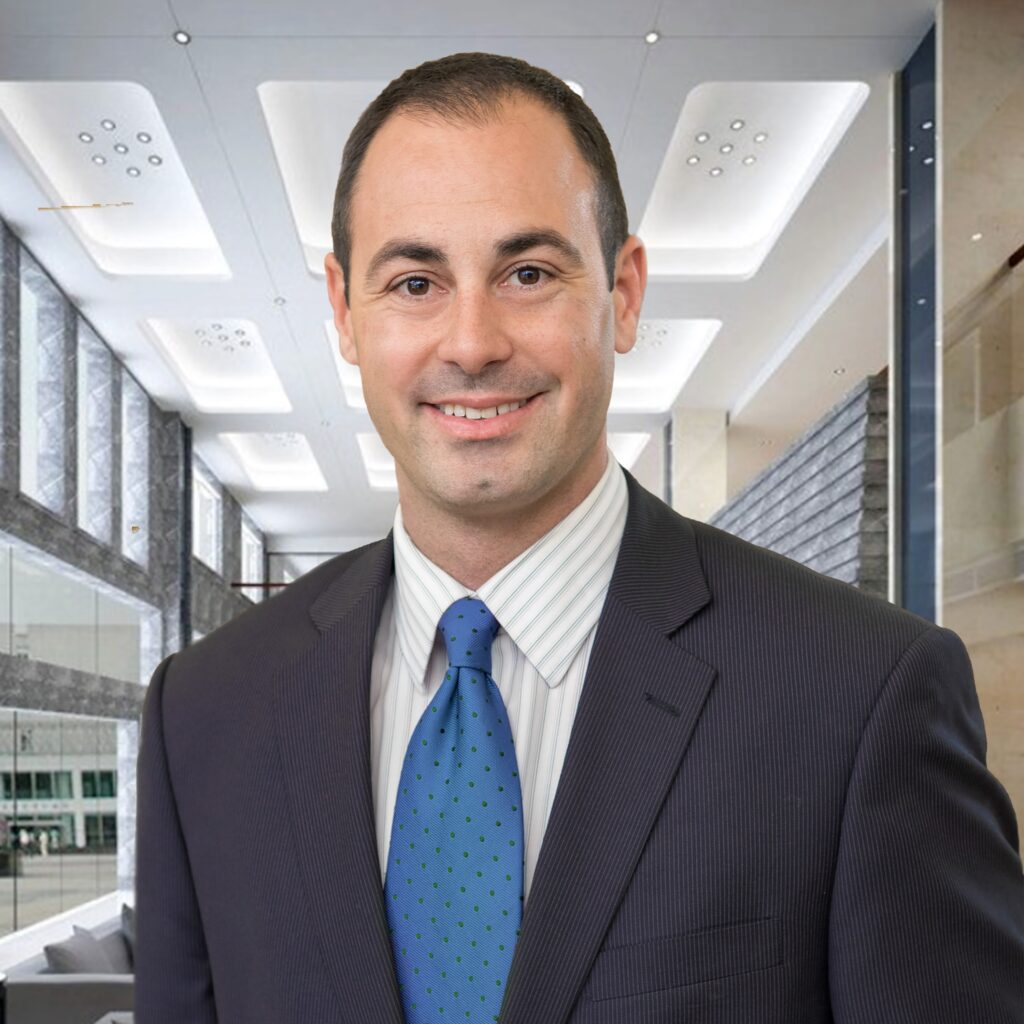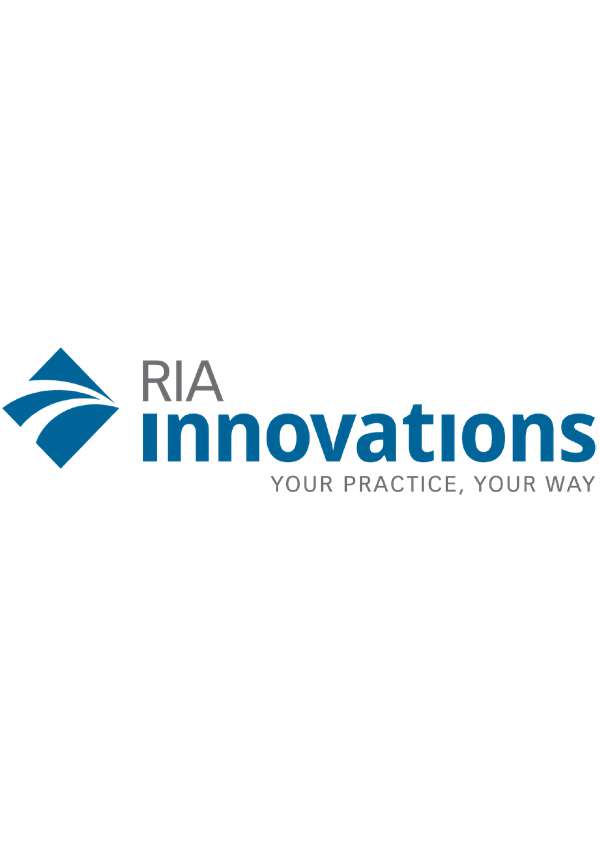
Travis Wall, CPA
Investment Advisor Representative
Most people understand asset values will rise and fall with the financial markets. That is expected, and we do what we can to manage market risk. But one growing threat that has little to do with the markets is fraud.
During my 20 years in law enforcement, I cannot count the number of times I saw victims lose money to fraudsters. Some lost their entire life savings. It was heartbreaking.
Most of us get suspicious emails, texts, or phone calls. With today’s technology, including artificial intelligence, it’s getting harder to spot what’s fake. Fraudsters also use social media to research potential victims and tailor scams to individuals.
Law enforcement has powerful tools to catch these criminals, but those tools are complex and not available to the public. That is why prevention is such an important part of financial planning.
When I give cybercrime awareness presentations, I do not focus on technical tricks to spot scams. Those change every day. What does not change is the basic strategy many impersonation fraudsters use: they want you to trust them, and they want you to act quickly before you have time to think.
In this bulletin I will address trust.
From what I have seen, the first goal of impersonation fraudsters is to gain your trust. They might pretend to be with law enforcement, a bank employee, tech support, a friend, or even a family member. They will take on any role that makes you lower your guard.
Sometimes they only need a two-minute phone call—like in tech support scams. Other times, they will invest weeks or even months building a fake relationship, like in romance scams. The key to avoiding fraud risk is a simple but powerful: stop and think.
Below are some ideas to consider:
Do not trust a familiar name or logo.
Email addresses, caller IDs, and websites can all be spoofed (faked).
Be suspicious of secrecy.
If someone says, “Don’t tell anyone,” or “This is just for you,” that is a red flag.
Verify their identity independently.
Do not rely on contact info they give you—use independent sources to verify.
Watch how they respond to questions.
If they dodge questions or get defensive, that is a red flag.
Ask someone else.
There is always time for a second opinion. If they say there is no time, in my experience, that is one of the most telling warning signs.
This is not a comprehensive list but offers a few key things to keep in mind, and that is really the most important part: stop and think.
Anyone can be fooled, even former FBI Agents. One of the best defenses against fraud risk is to assume that someone might not be who they claim to be.
Stop and think.













